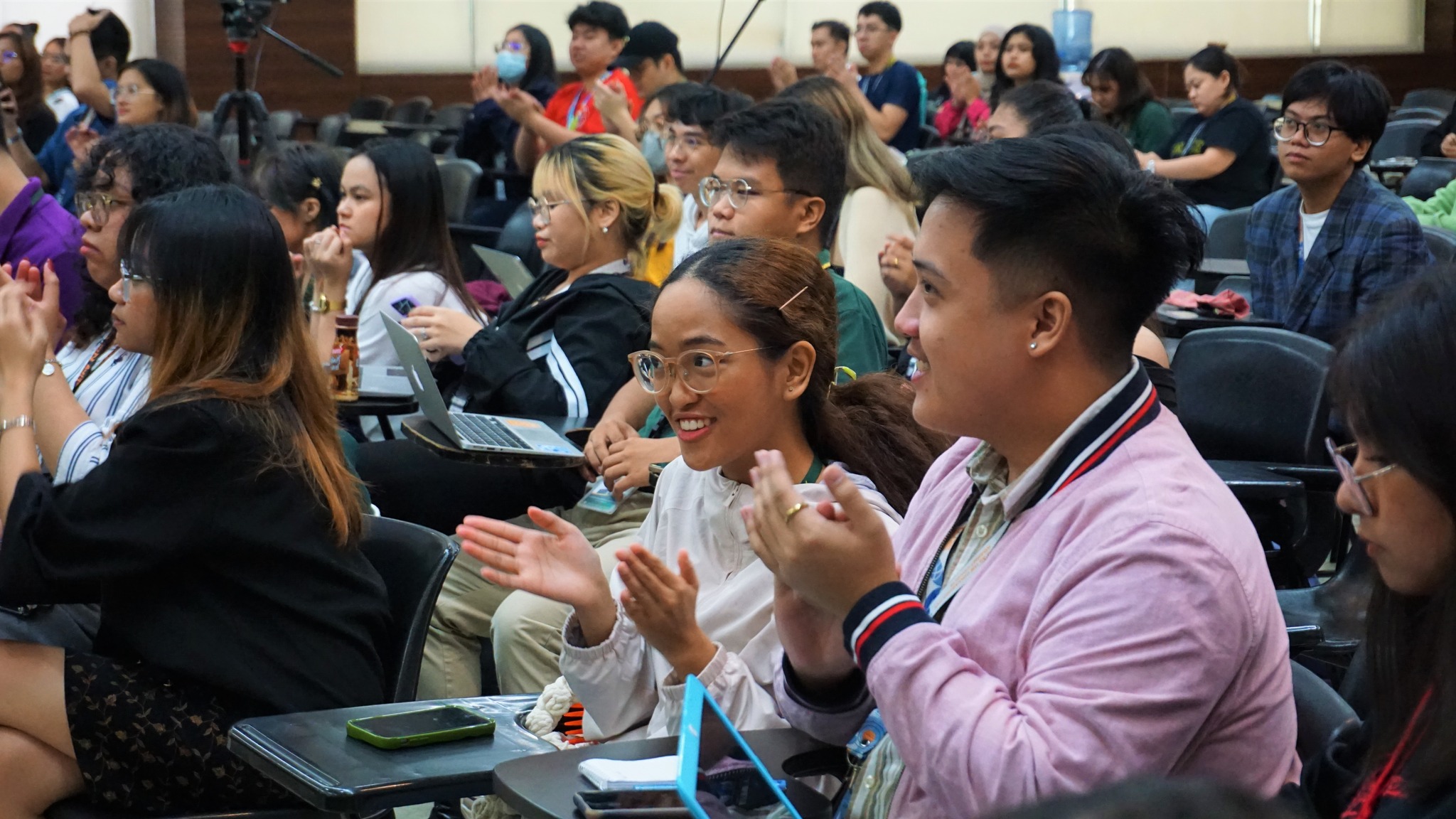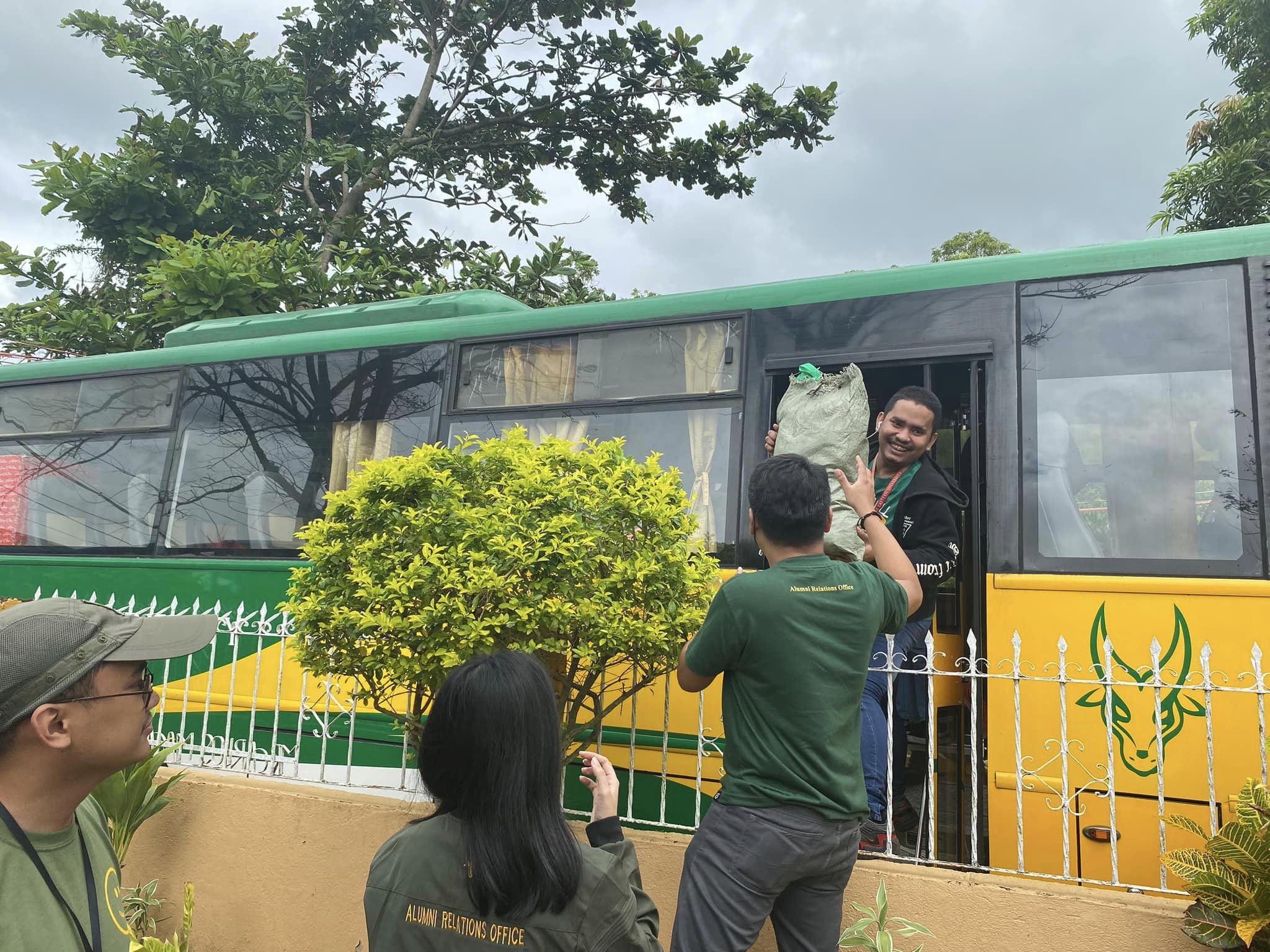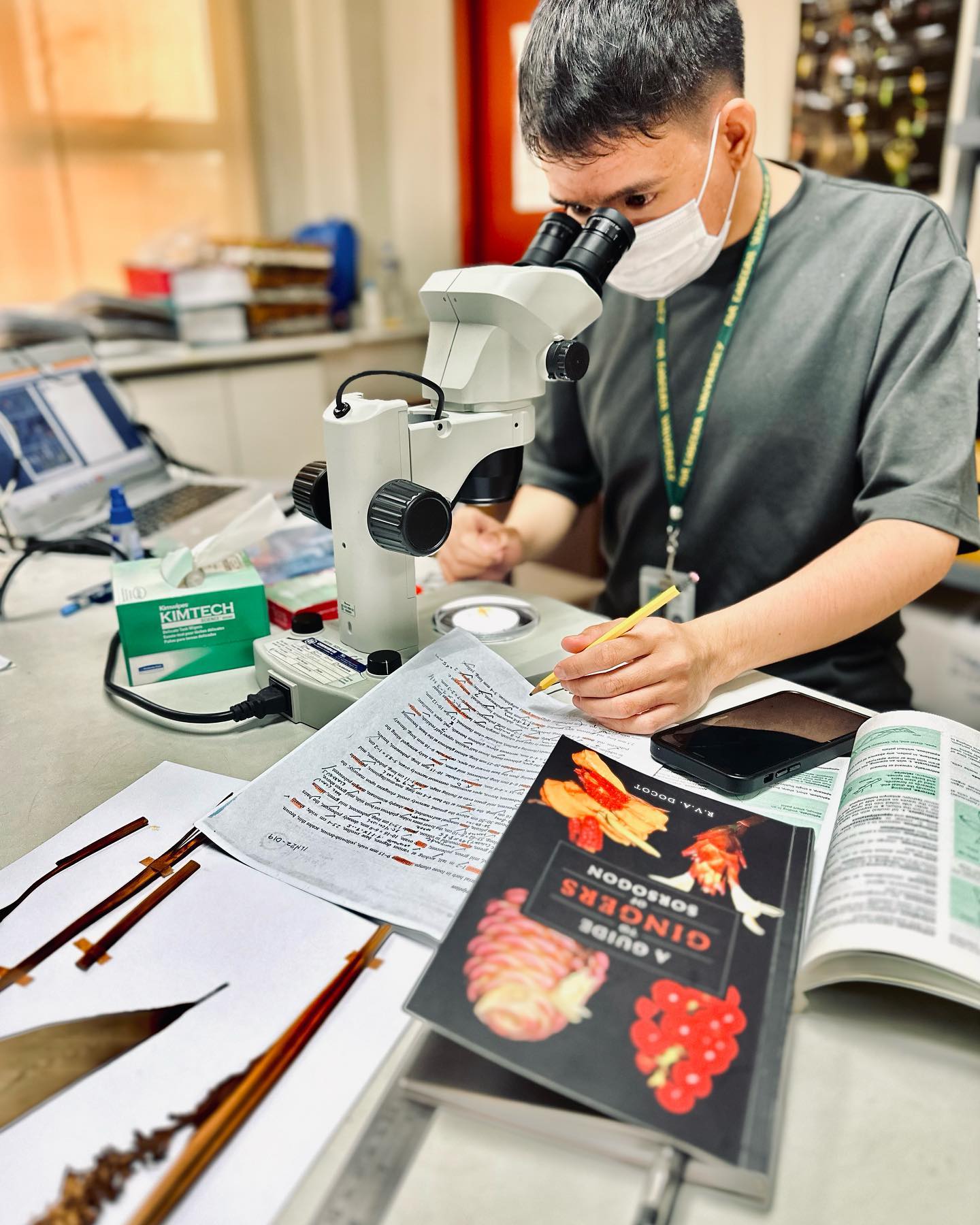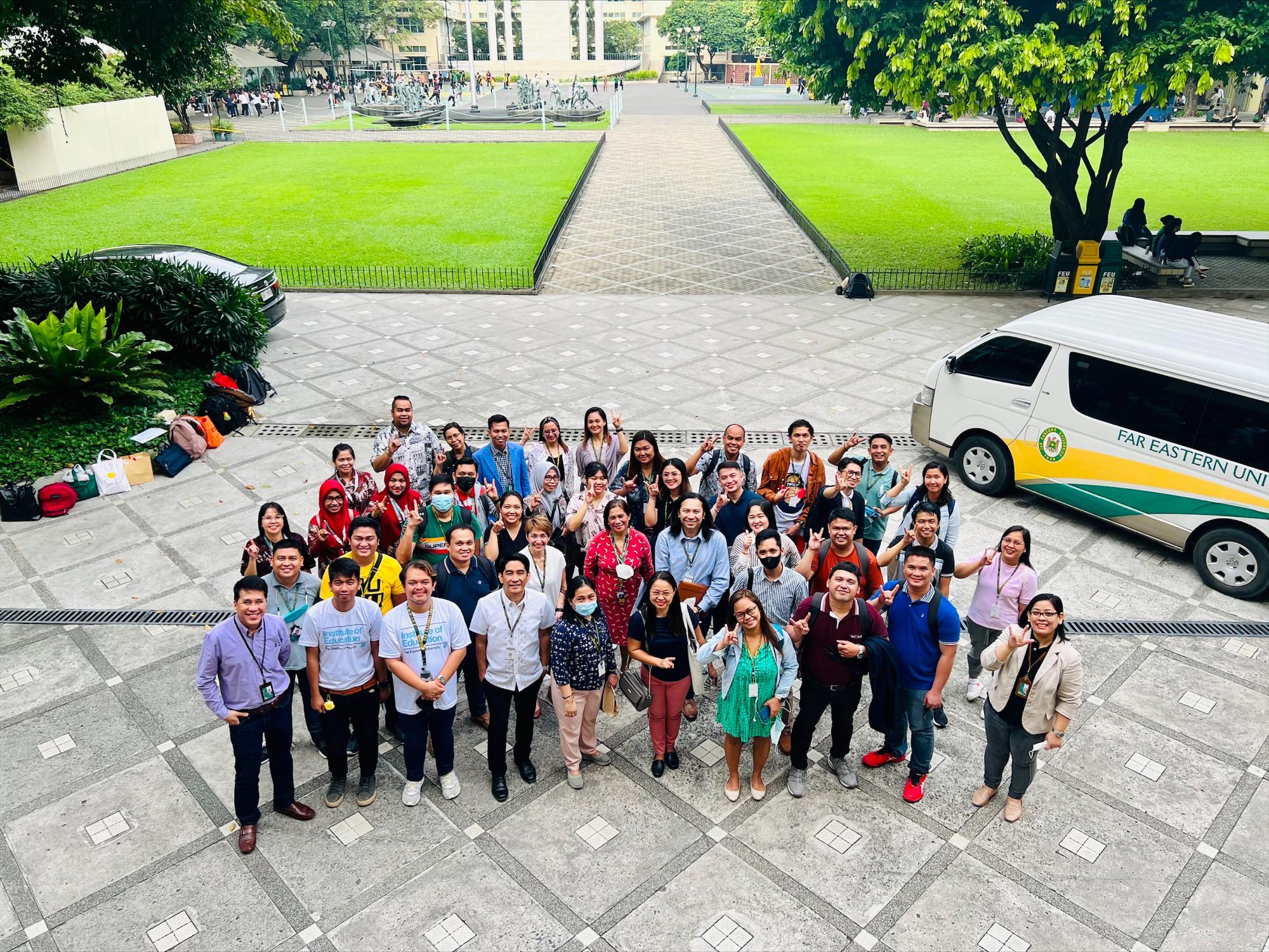FEU sees its role as having three interrelated focal points: teaching, research, and extension.
Research is defined as the generation of new knowledge using the scientific method (the creation of a hypothesis based on observation, previous knowledge, and verifiable evidence). Research is the core activity in the classroom and as such FEU faculty engage in research (first through graduate studies and then later through their own projects) in order to be effective facilitators of it. FEU faculty and students alike also engage in research in order to generate new insights and knowledge in their fields as these are the bases of innovation and change. Creating sustainable innovation and change in our immediate community that is research-based is the purpose of extension work.

Teaching, research, and extension are thus interconnected. The classroom is the training ground for the research process. Faculty and students pursue research in order to generate new knowledge, the application of which should create more sustainable communities. Although the classroom and the research projects are the natural venues for the practice of scientific data gathering, analysis, critical thinking, persuasive communication, and the proposal of solutions for the problems of society, they are not the usual sites for carrying out programs to address these problems and effect change. This is carried out through other university programs such as the programs of the FEU student organizations, the FEU Volunteerism Office, and the FEU Office of Community Extension.
FEU is committed to this tri-focal role as it sees its role as a university as being a force for sustainable social change in the classroom, in the wider community, in the nation, and in the global arena.


